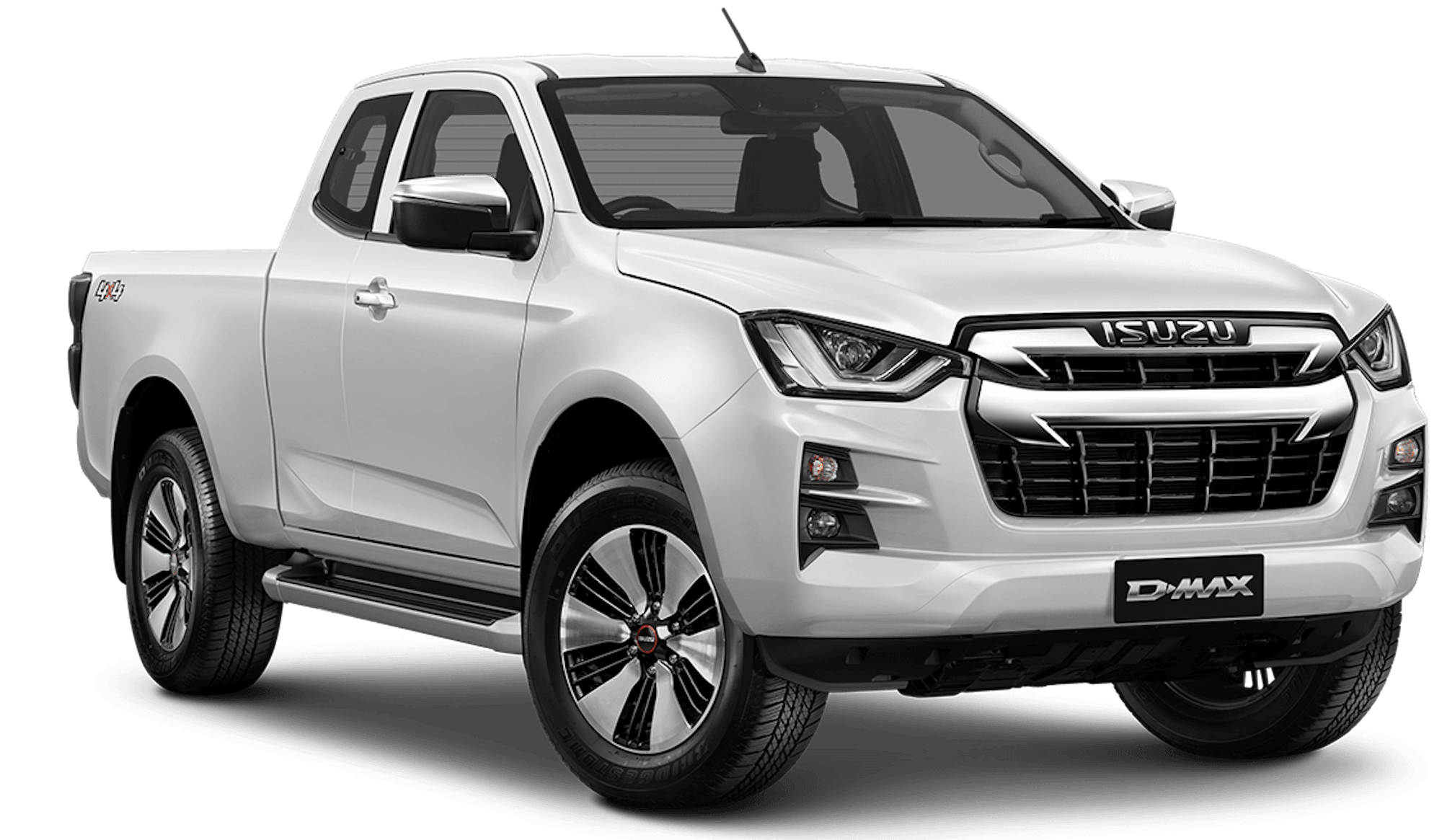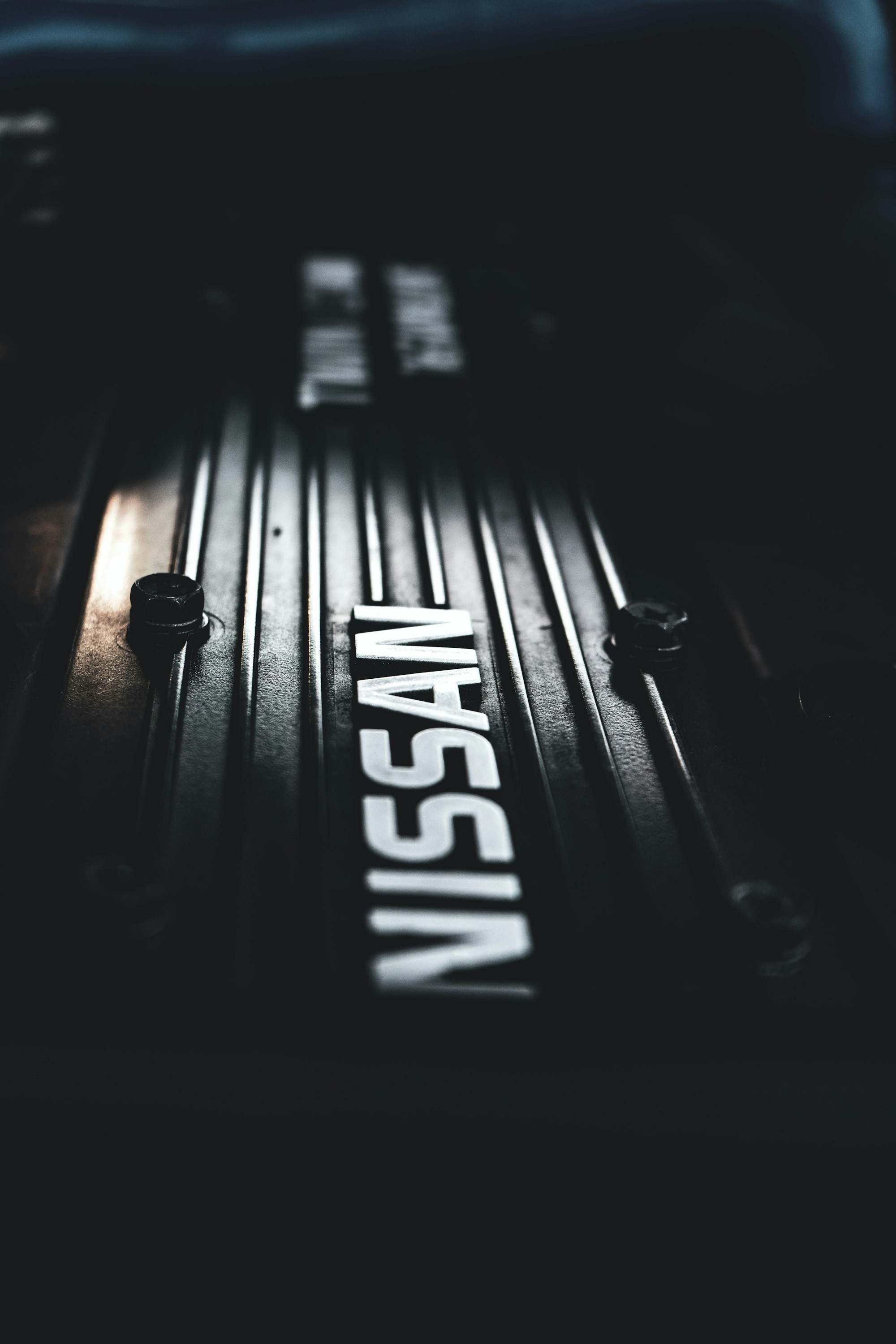Find your best Isuzu D-Max finance rate with Driva
Compare 30+ lenders before financing your new D-Max.

If you’re after a safe, reliable and versatile ute, the Isuzu D-Max could be the perfect car for you. Top of the class in numerous quality and safety measurements, it’s no wonder that the D-Max is Isuzu’s top-selling vehicle.
Known for their excellent fuel economy, low maintenance costs, and overall great value for money, if you’re looking for the perfect ute, the D-Max might be it!

Car & personal details
Give us the details of the vehicle you’re looking at and your personal profile
Loan match
We check your profile against thousands of lender policies to find your matches. No impact on credit score!
Get approved
Approval can take anywhere from 2 hours to 2 days depending on which lender you’ve chosen.
Pick up your car!
The fun part. Search private sales and dealerships - or ask Driva to match you with a dealer!
Learn more about Isuzu D-Max finance
How to qualify & apply for Isuzu D-Max finance
To be eligible for Isuzu ute finance, you’ll need to meet a few eligibility requirements. These vary between lenders, but in most cases, you’ll need to be either an Australian citizen or permanent resident, over the age of 18 years old, and earning a form of income.
When it comes to submitting an application for assessment, you’ll need to have a few documents on hand. These include your driver’s license and two recent payslips. We’ll also need a recent bank statement, but can help you access this easily online without having to contact your bank.
To get started, you can head straight to our Driva Dash and get your personalised quotes in minutes. Alternatively, you can check out our car finance calculator, where you can input details like loan term and Isuzu ute age, and we’ll give you an idea of how much you could borrow.
Whether you’re after the basic trim level SX (4X2) High-Ride or the top of the range Ute D-Max X-Terrain (4X4), if you’re looking for your best finance rates, you’ve come to the right place.
What credit score do I need to get an Isuzu D-Max loan?
When lenders are assessing your application and pricing your loan, one of the main factors that they’ll often look at is your credit score. Normally, the higher your score, the lower interest rates you’ll be able to access. For some lenders though, other factors are more important than your credit score. These could include your income, the loan amount you’re after or your living situation.
Driva works with more than 30 lenders to ensure that we can give you the best finance options possible, no matter your credit score.
Before you apply for finance, it can be a good idea to check your credit score with a credit bureau like Equifax. You’ll be able to review your credit history, understand why your credit score is the way it is, and check for any errors on your file. You can also reach out to the Driva team to discuss how your credit score impacts your rate and loan options. Feel free to reach out to us on 1300 755 494 or email us at contact@driva.com.au.
What are my Isuzu D-Max finance options?
There are a wealth of finance options available, so it’s important to take the time to weigh them up and make sure you’re getting a loan that works for you. Here are some of the main consumer and commercial loan options available with Driva:
Secured car loan
With a secured car loan, you’ll need to use your new car as collateral against the loan. You’ll be able to access a lower interest rate as you’re giving your lender the security that, in the event, you couldn’t meet your repayments, they’d be able to repossess your car to recover their funds. Secured loans tend to be used for newer cars.
Unsecured car loan
With an unsecured car loan, you won’t need to put up your car or any other asset as collateral. Because you’re not giving your lender the same amount of security, you might end up paying a higher interest rate. Also, if you default on your loan, your lender won’t be able to immediately repossess your car (though you might face legal action, which would be a messy process!).
Commercial loan options
We also have several commercial loans available for businesses and self-employed individuals who are looking for a D-Max to use for business purposes. Some of our most popular commercial loan products include:
- Chattel mortgage. With a chattel mortgage, you’ll borrow a certain amount of money from a lender to purchase a business vehicle, and then make regular repayments until the loan is paid back. The business will assume ownership of the vehicle, but the lender has a ‘mortgage’ over it until the entirety of the loan is paid.
- Finance lease. With a finance lease, a business will use a commercial vehicle while enjoying all the benefits of ownership - however, the lender will technically own the car until you finish your lease term and make the final loan payment.
- Novated lease. A novated lease is a type of vehicle financing that’s used with salary packaging. An employer will pay for an employee's car lease and running costs out of their salary package. This involves a combination of pre-tax and post-tax salary deductions.
When it comes to choosing a lender to help you finance your new or used D-Max, the sheer number of lenders in the market can make this process pretty overwhelming! That’s where Driva comes in. You’ll be able to compare all of your personalised loan options from our panel of more than 30 lenders to give you the confidence of getting your best rate. Your personalised loan options are also fully inclusive of all fees and charges, so there will be no nasty surprises down the road!
Don’t take our word for it
We always recommend a second opinion. Read our customer reviews.
Looking for something else?
Have a question?
Is the Isuzu D-Max a good car?
The Isuzu D-Max is a great car, with a reputation for being extremely reliable and safe, the D-Max is perfect for the everyday drive.
What is a good interest rate for an Isuzu D-Max?
We have interest rates available from 5.69% (6.72 comparison rate), but the exact rate you’ll be eligible for is dependent on a number of factors including your credit score, income, living situation and the loan amount you’re after.
Driva works with a panel of more than 30 lenders, so we’re pretty confident that we’ll be able to find you a loan option that works for you!
Is the Isuzu D-Max reliable?
The Isuzu D-Max is very reliable. Not only did the D-Max receive a five-star rating from ANCAP in 2020, Isuzu in general has a strong reputation for longevity and reliability across all of their cars.
I have a question. Is there someone I can speak to?
Absolutely! Whether you’ve got a specific finance enquiry or would just like to chat about the loan process, our friendly and knowledgeable finance team is available to chat. Feel free to reach out to us on 1300 755 494 or email us at contact@driva.com.au.
Should I buy a brand new or used D-Max?
Once you've determined how much to spend on a new car one of the biggest decisions you’ll need to make when shopping around for your dream D-Max is whether you’re going to buy a new or used model. There are a number of advantages and drawbacks to both options, so it’s important to weigh these up before you make a decision.
New D-Max
With a new car, you can expect to pay substantially more upfront, but you’ll also have the peace of mind that it’s in perfect condition. You’ll also likely spend less on repairs, which can mean substantial savings! They’ll be equipped with all the latest safety features and technology, but will depreciate much quicker than used cars, as cars tend to depreciate quickest in the first three years.
Used D-Max
With a used model, by comparison, you’ll be able to make considerable savings on the purchase price of the car but will probably need to spend more money on maintenance and repairs, as your second-hand car will have some wear and tear (and potentially some bigger issues too). The technology may be a bit outdated, but you’ll experience much slower depreciation. If you’re buying a second-hand model, it’s especially important to take the car for a test drive!
What fees will my lender charge?
Every lender will charge some fees (in addition to interest), so the important thing is to factor these in before deciding on a lender and signing a loan agreement. These fees might include early exit fees, monthly fees or early repayment fees.
Ready to get started?

.png)
.png)
.png)
.png)

.png)

